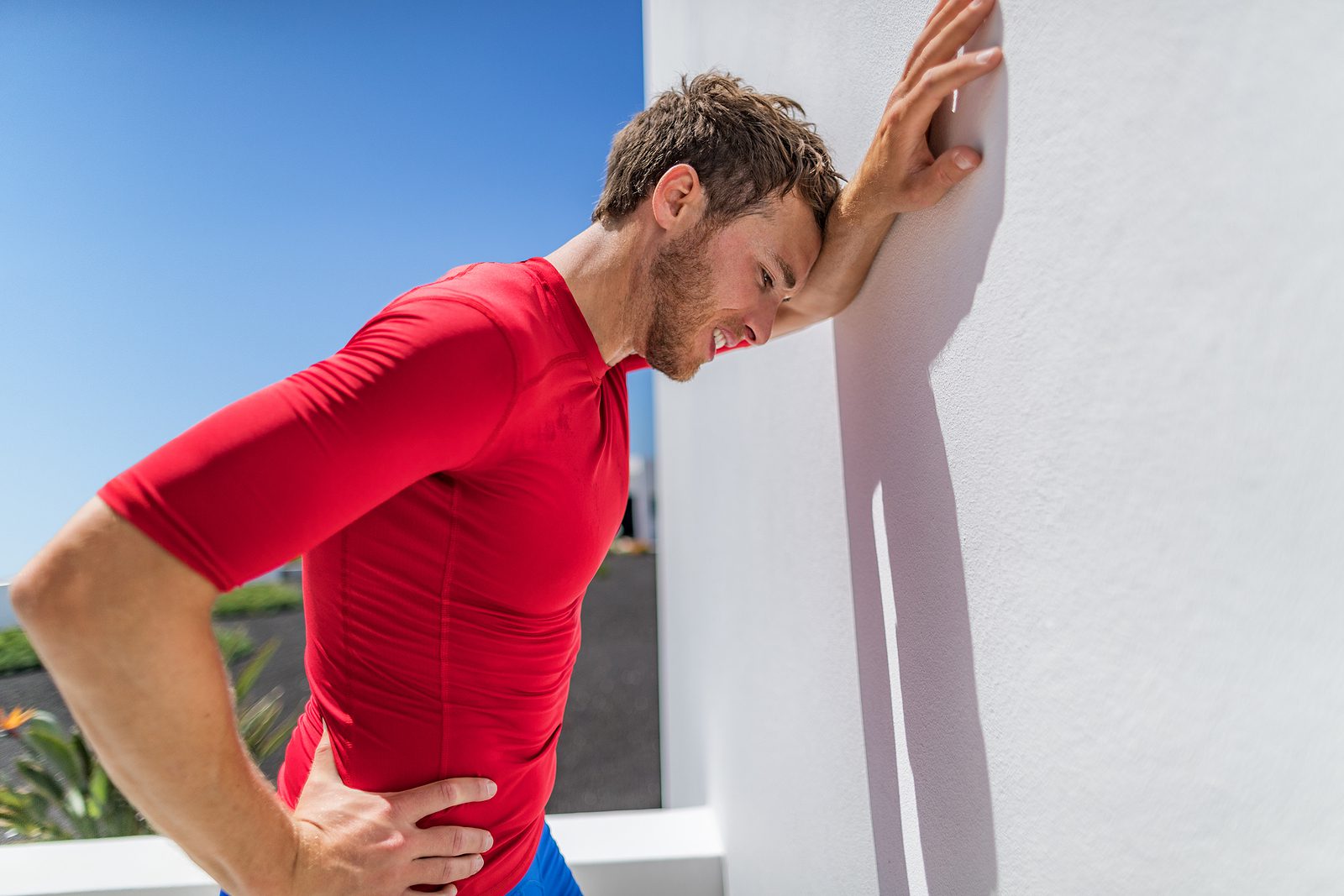
We all know that staying active can benefit your health, but did you know it could keep you from getting really sick if you catch COVID-19? The data come from a retrospective study that demonstrates that any amount of exercise can help.
With new variants that are extremely contagious, even with vaccination you might not be able to avoid infection. So any steps you can take to reduce severe outcomes are vital!
How Much Does Physical Activity Protect You?
The study showed that people with only some activity had a 43% greater chance of hospitalization and a 92% greater chance of dying if compared to those who were consistently active. However, even some activity helped…those who didn’t exercise at all had a 91% higher chance of hospitalization and a 291% higher chance of dying compared to those in the always active category.
There are some caveats with this: People who are highly active may also be more likely to take other precautions, such as wearing a mask consistently (the study was conducted before vaccines became readily available). However, the study was a large sample (almost 200,000 people) and showed consistent results. Additionally, some of the people in the never active group may have not been active because of underlying conditions, such as heart issues, that made it harder for them to exercise. Finally, people who exercise often have better socioeconomic circumstances and the study may not have accounted for these. They did, however, attempt to compensate.
Why Does Physical Activity Help?
One way in which it helps is by reducing one of the risk factors for severe COVID infection: Obesity. While there are absolutely fit people who are on the heavier side, people who stay fit are less likely to be overweight or obese.
However, there are other ways in which regular physical activity might help:
- Improved immune response. There is a long history of evidence that being active reduces your risk of respiratory infections in the first place, although extreme training (such as preparing for a tough competition) can increase risk again. Habitual exercise also improves immune regulation, especially as you get older.
- Exercise has an anti-inflammatory effect, which improves overall health.
- Exercise reduces stress and improves mood. If you are stressed, your body generates stress hormones such as cortisol, which can impact your immune system.
- Exercise increases your body temperature, which makes your body more hostile to infection.
- People who exercise are less likely to develop conditions such as diabetes, which can predispose you to severe infection.
This is on top of all of the other benefits of staying active.
How Much Exercise Do You Need?
The study showed that some exercise each week can have a protective effect. However, the most protective effect was people who consistently exercised.
Heavy training can suppress the immune system, but regularly spending time in the gym can make you healthier, fitter, and less likely to get very sick from COVID or, for that matter, influenza or other respiratory viruses. It is, however, important to make your exercise routine sustainable and enjoyable so you will keep it up.
If you are looking to increase your physical activity, contact Merritt Clubs today. We are not your typical sweaty, almost institutional gym. Instead, we offer state-of-the-art facilities, award-winning group fitness classes, a nutrition and wellness team to help keep you physically and mentally healthy, and indoor/outdoor pools where you can swim laps or enjoy some water activities. All members get access to a program where staff will help them set their goals and design a personalized wellness plan for them. Join Merritt Clubs today to reduce your risk of getting severe COVID outcomes and gain all the benefits of exercising for your health.


